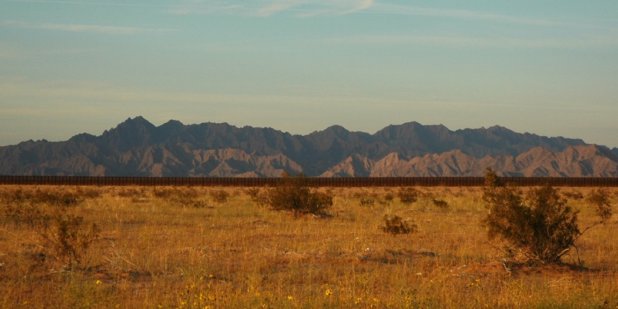- About
- Topics
- Picks
- Audio
- Story
- In-Depth
- Opinion
- News
- Donate
-
Signup for our newsletterOur Editors' Best Picks.Send
Read, Debate: Engage.
This comes at a time when the world is mourning a heartbreaking image of a Syrian kid lying dead on a shore in Turkey. With ragging conflicts in Syria, Iraq and the fears of a Taliban return in Afghanistan, the refugee crisis is taking its toll on vulnerable communities that see escape at any cost to a relatively safe places in the world as the only way forward.
But, what if even then their miseries are not over? Afghans; for instance have been living in neighbouring Iran and Pakistan as refugees for over three decades now. 11-years old Khadija, like her two younger sisters and an elder brother, collect recyclable waste on the streets of Pakistan’s financial hub Karachi, seven days a week, for at least ten hours a day.
This hard labour that has deprived them of their childhood, education and opportunity to grow as healthy members of the society earns them just enough to make ends meet. Not willing to speak, shy and afraid Khadija just managed to reply to one of FairPlanet’s questions. Why don’t you study instead of working on the streets? “We are poor, what we would eat if we don’t work?” she replied.
Pakistan hosts an estimated 1.6 million refugees, most of them Afghans who have been issued Proof of Registration cards by the government while as around one million more Afghans live in Pakistan as unregistered migrants. As the status of their stay has never been decided for good, the refugees live on year-to-year extension granted by Pakistan.
A proposal for the latest extension came in August that would allow Afghan refugees to stay in Pakistan for two more years. The decision awaits the approval of Pakistan’s government.
“This uncertainty has left us nowhere, our parents came here (to Pakistan) decades ago, many of us are born and brought-up here yet we remain alien and are forced to go back (to Afghanistan) where we have nothing”, Islamuddin, an Afghan refugee living in a camp on the outskirt of Karachi, said.
“Pakistan is a Muslim country just like Afghanistan, it is not my fault that Allah decided the faith for me and I was born here, what am I going to do in Afghanistan”, he said while explaining his state of being torn apart between two identities. Islamuddin is not the only one facing this puzzle.
Pakistan’s National Database and Registration Authority (NADRA) has blocked some 80,000 ID cards belonging to people with suspected refugee background.
As Pakistan’s Army intensified its anti-terrorism campaign following a brazen militant attack on a school in Peshawar that claimed the lives of more than 150 children, authorities have rejected the national identity cards of a number of individuals with a suspected refugee background. Loss of identity means whatever valuables these people posses do not belong to them!
Refugees feel they have been stigmatized and made a victim in this regard. Local media often report about Afghans been nabbed by the police in different cities and put in prison on different charges. There have been reports about the law enforcement agencies taking into custody traders with refugee background and confiscating their property.
Rifts between the two countries means more trouble for the refugee population.
Khadem Husen, Pakistani political analyst believe the refugees truly feel the heat in north western Peshawar city that has border with the tribal area adjacent to Afghanistan. “One can observe on daily basis that most of the Afghan refugees are arrested from various localities, most of them are registered but still they are arrested for being suspected, moreover, even if they are not arrested, they are continuously harassed by the law enforcement agencies everywhere. It seems to be the policy of government to keep the Afghan refugees under continuous pressure for reasons best known to the authorities”, he told FairPlanet.
The United Nations High Commissioner for Refugees (UNHCR) recognizes the challenges posed by terrorism and extremism to national security prerogatives; it advocates with relevant authorities not to compromise the genuine humanitarian needs of Afghans who fled conflict and who cannot all return in a short period of time, Duniya Aslam Khan, a spokeswoman for the UNHCR in Pakistan said in this regard.
She noted that the prolonged Afghan refugee situation is entering its 4 decade soon, making this the world’s largest protracted refugee population under UNHCR’s mandate.
“Since most Afghan refugee households have moved to Pakistan in the early 1980s following the Soviet invasion, the majority (75%) of the registered refugee children and youth have been born in the second or third generation in Pakistan. Some have never visited Afghanistan, lack linkages with their ancestral country of origin and will therefore require strong incentives for return and adequate opportunities for sustainable reintegration”, she stressed.
